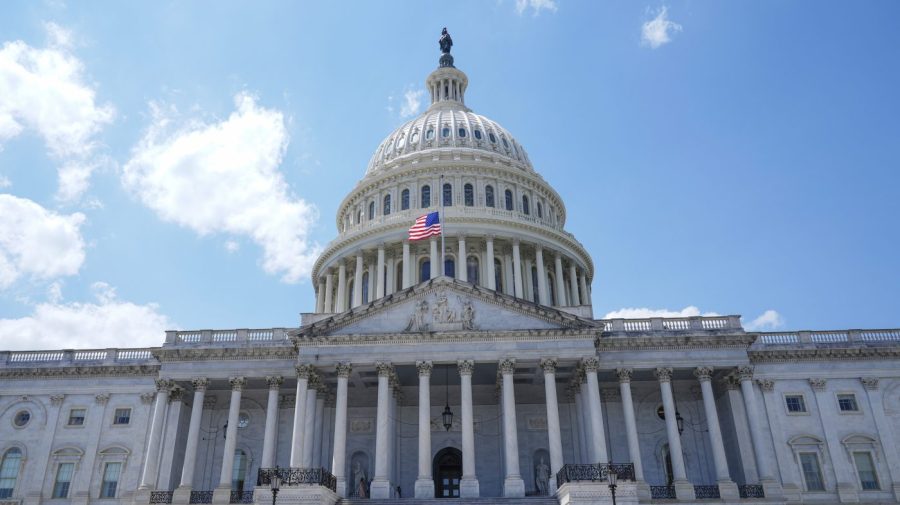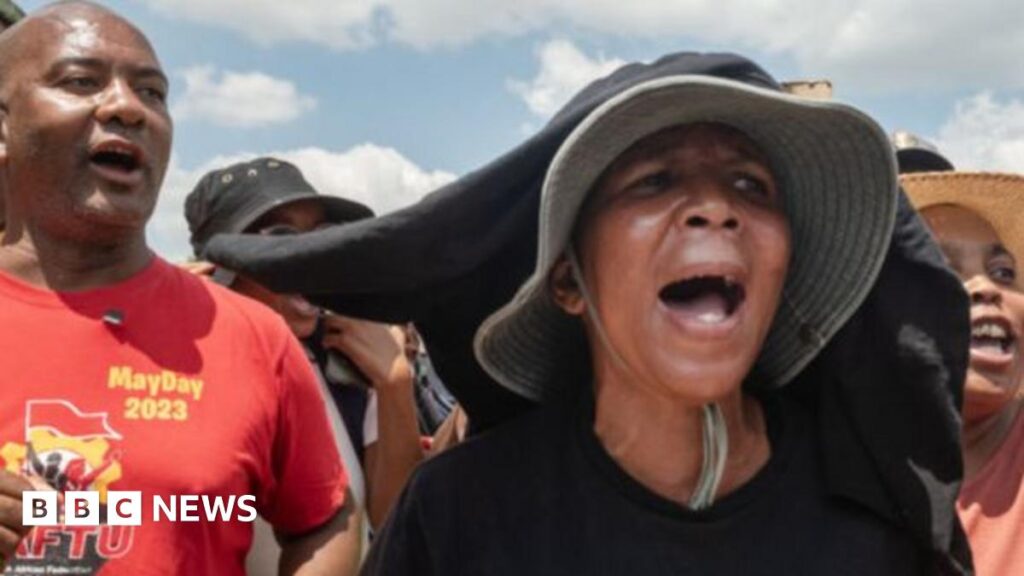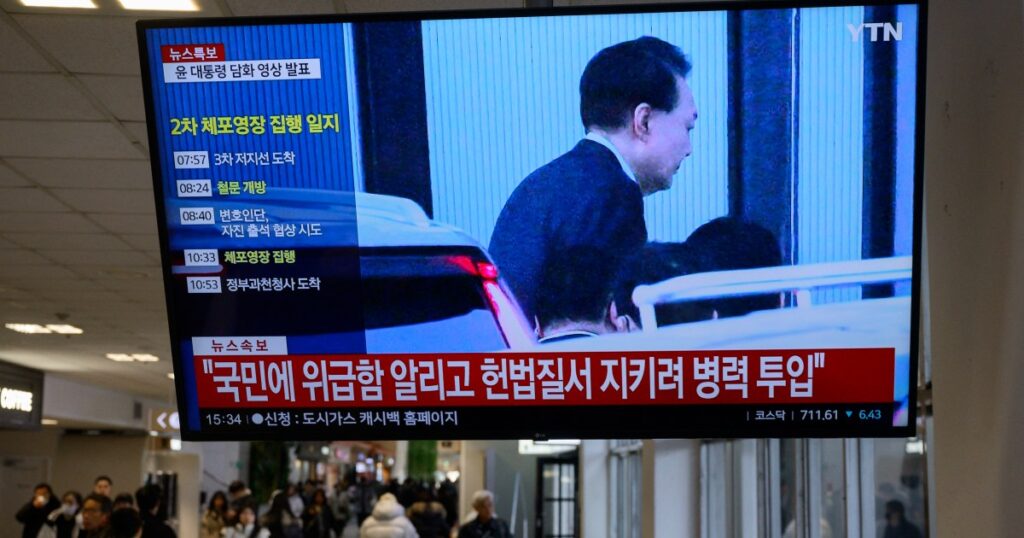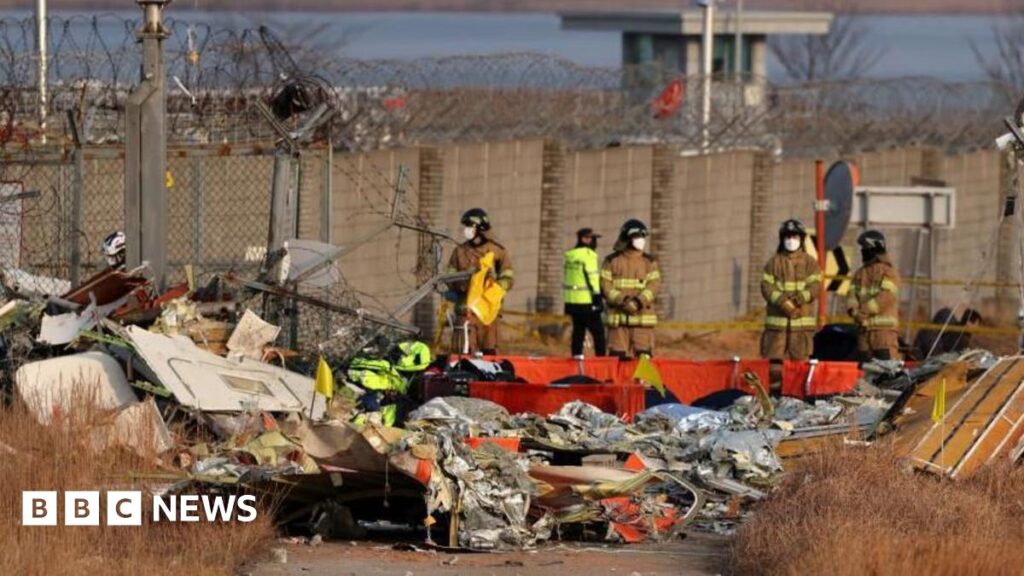]
The Law Society of Kenya president, Faith Odhiambo, said on X they had managed to arrange her release.
“We are sending a warning. We will not allow our country to be used as a haven for picking up individuals,” she said at an evening press conference.
Neither Kenyan nor Tanzanian officials have commented.
Ms Tsehai is a fierce advocate for land rights and freedom of expression in Tanzania.
There have been concerns that Tanzania could be returning to the repressive rule of late President John Magufuli, despite his successor Samia lifting a ban on opposition gatherings and promising to restore competitive politics.
Last year, dozens of opposition were arrested and some were brutally killed. One senior opposition leader died after being doused in acid.
Human Rights Watch described the rise in arrests of opposition activists as a “bad sign” ahead of the 2025 presidential elections, which will take place in October.
Change Tanzania, a movement founded by Ms Tsehai, said in a statement on X it believed she had been taken by Tanzanian security agents “operating beyond Tanzania borders to silence government legitimate criticism.”
It added that her “courage in standing up for justice has made her a target”.
In recent months, she had expressed concerns about her safety, reporting an incident where two unidentified men were seen looking for her at her home while she was away.
Kenya has a history of enabling foreign governments to abduct its citizens and carry out forcible extraditions, breaching international law.
Last year, Ugandan opposition leader, Kizza Besigye, was kidnapped in Nairobi, allegedly by Ugandan security officials, and taken across the border for trial by a court martial.
The Ugandan government said Kenya helped them in the operation – but the Kenyan government denied this.
Mr Ebole told the BBC “it might be another repeat” of Mr Besigye’s situation.
Internally, Kenya has been gripped by a wave of disappearances, following last year’s youth-led protests against a series of planned tax rises.








